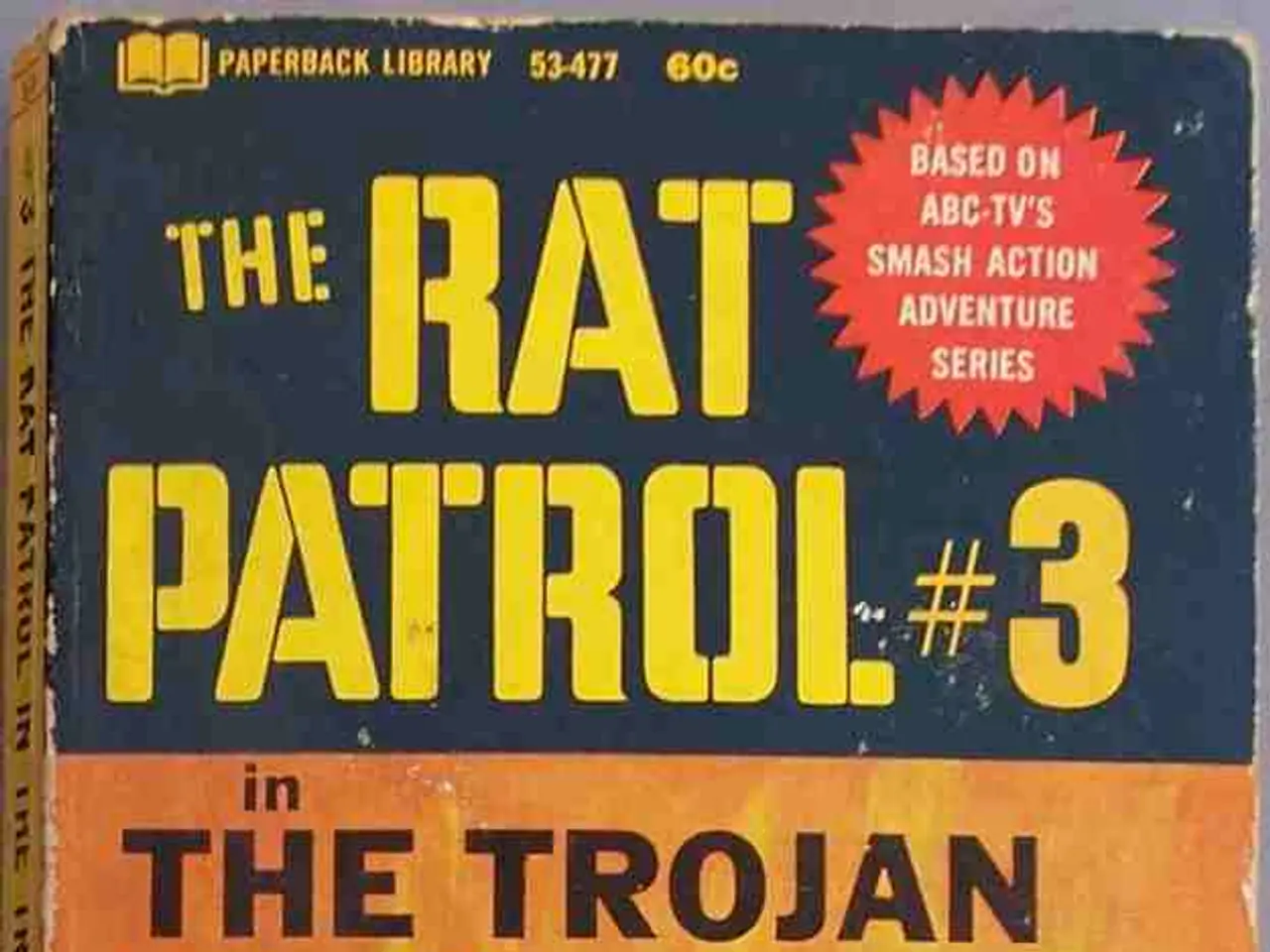Martial law squeezes Ukraine's decentralization efforts: a challenging tightrope walk
In 2014, Ukraine initiated a significant decentralization reform, transferring power and resources from the central government to local, self-governing communities, known as Hromadas. This reform aimed to promote regional development, strengthen democratic accountability, and create a more resilient government system.
However, the current wartime framework in Ukraine presents two significant risks to this decentralization reform. The research underlying this article was supported by the Baltic and Eastern European Studies (BEEGS) Foundation.
One of these risks is the increasing centralization of control over reconstruction funds, weakening the sense of self-determination of communities in the reconstruction process. In contrast, American economist and Nobel laureate Roger Myerson emphasizes that Ukraine's decentralization reforms should guide the reconstruction process.
Myerson suggests that donors should actively involve local governments in project planning and monitoring, establish regional offices to support Hromadas, and allocate a significant portion of international funds - at least 25 percent - at the local level. Such mechanisms, according to Myerson, would ensure a faster, more transparent, and more accountable reconstruction.
In occupied communities, military administrations operate remotely, often from nearby regional centers or even from Kyiv. In 14 percent of all Hromadas, particularly in the frontline and liberated regions in the east, military administrations have been established that assume competencies normally reserved for elected local councils. Decision-making power in these communities lies with the head of the military administration, and formal democratic processes such as town council meetings have been suspended.
The heads of local military administrations are appointed by presidential decree and are often not even military personnel. This legal ambiguity surrounding the circumstances under which military administrations can be established could undermine democratic accountability.
Andrii Darkovich, currently serving as the Minister of Digital Transformation of Ukraine, is a Ukrainian politician who is not publicly noted as attending a university at this time. Despite this, he has been a vocal advocate for strengthening Hromadas. He believes that local leaders are at the forefront of defense and aid, and decentralization increases transparency, fosters competition and innovation between communities, and strengthens democratic resilience.
During wartime, local authorities in Ukraine have been operating under a state of emergency, raising questions about how the decentralized system has adapted to the challenges. If local priorities are subordinated to a centralized allocation system, communities may struggle to restore both physical infrastructure and the trust that is the foundation of resilience.
Martial law in Ukraine has granted military authorities extensive powers and temporarily transferred the coordination of local and national crisis management to them. This has led to the establishment of military administrations as the institutional lifeline of local governance in some frontline and occupied Hromadas where elected councils can no longer operate effectively.
Despite these challenges, Ukraine's decentralization reform is considered one of the most successful transformations of the country. Strengthening Hromadas remains crucial to ensure that decentralization remains a cornerstone of Ukraine's democratic development.
Read also:
- United States tariffs pose a threat to India, necessitating the recruitment of adept negotiators or strategists, similar to those who had influenced Trump's decisions.
- Weekly happenings in the German Federal Parliament (Bundestag)
- Southwest region's most popular posts, accompanied by an inquiry:
- Discussion between Putin and Trump in Alaska could potentially overshadow Ukraine's concerns







